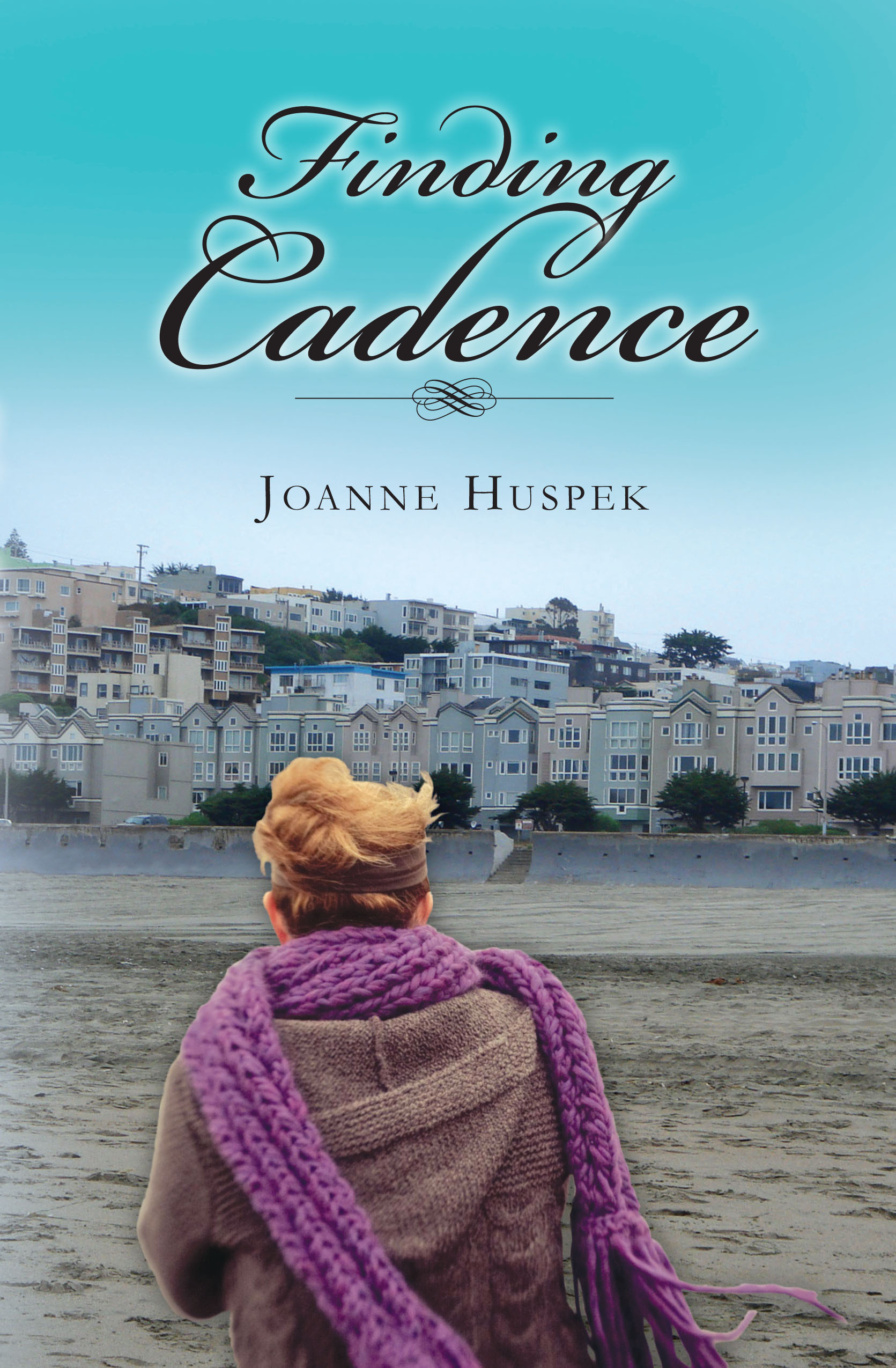I’m in the process of editing one of my manuscripts and have come up on a snag.
One of my characters is a spoiled, narcissistic, narrow minded, quick to temper woman — let’s just say she’s a downright bitch. However, as in any story, you need a good guy and a bad guy, and she happens to be my bad guy. We need her to be bad in order the explore the dysfunction in the rest of her family.
In the past, I’ve had several editors explain to me that the antagonist, while being unpleasant and mean, can’t be unpleasant and mean all the time. Most real people aren’t that way all the time. (?! They aren’t?) Writing a villain as being 100% villain is kind of a stereotype. I’ve been told you must show a human side, even a tiny sliver of redemption, in the bad guy.
This is where my problem lies. This character is 100% evil. Yes, EVIL! There is NO redemption!
Actually, in my first draft, I wrote her as a soft, sympathetic, desperately broken woman. All the characters in this family are broken. Someone has to be super hard and callous, in order to make the distinction between her and everyone else. (Oh, none of these characters are perfect. They’ve all got flaws, only different ones, and they are mostly forgiving.) But during the second draft (according to my notes), I designated specific personality traits to each person. The other four characters have a point of view in the writing, as they each get to share their own story. The EVIL one, though, has no point of view. We see her through the other characters’ eyes. I think I made her this way because I personally can’t understand how people can be evil. It seems like a colossal waste of time and energy to be rotten all the time. Also, wouldn’t it eat at your stomach and give you headaches? That’s not the life for me, nosireebob. You need conflict, true, but I just can’t get into the space where I understand it.
And so I have been playing a tug of war with myself. Should I follow convention? Or should I write her filled with venom and hard as steel?
(I should mention that this very evil-good dichotomy was pointed out when I was editing my first novel, Finding Cadence. I really wanted to make the Sloane character as nasty as I could. He’s still nasty. He’s just toned down.)
Sometimes evil is just evil and you can’t do anything about it.
 Geranium petals. I’m trying to nurse them inside this winter. Only five more months of winter to go!
Geranium petals. I’m trying to nurse them inside this winter. Only five more months of winter to go!













